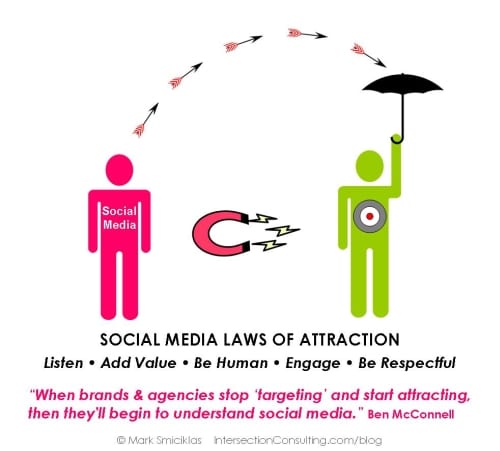
by Brooks Byers – October 2014
The Dallas Mavericks’ George Killebrew, the San Antonio Spurs’ Jeanne Garza and Baylor IMG’s Brian George shared advice and experiences in the sponsorship field at the Baylor S3 Club meeting on October 8th. Courtesy of Fox Sports Southwest and Fox Sports 1, we also provided some lucky Baylor S3 club members with court side seats at the Dallas Mavericks preseason game against the Pacers.
Why should students pursue a career in sports?
All three panelists spoke about the “diversity” of opportunities that selling sponsorships affords people. Sponsorship sales takes people outside the office, learning the inner workings of a range of businesses from “mom and pop stores to traditional giants” as Brian George put it. George Killebrew said it was great for people who enjoy “learning something new” every day.
On the other hand, the group warned of the long days that come with the job. Jeanne Garza said it’s important to remember that “it’s not what you see on ESPN.” Killebrew reminded everyone that “other jobs are more of a nine to five, Monday to Friday deal, and sports can always be a hobby. But, when the team schedule comes out for the year, it pretty much plans my life for the next few months.”
Getting into corporate partnerships

Killebrew’s advice for those interested in selling sponsorships was to gain experience in “multi-dimensional sales” like in the media field, where packaging groups of inventory for clients is more complex than selling individual products. Jeanne Garza suggested selling air at radio stations, since it’s more promotion-driven than TV, hence more like selling sponsorships for properties. Brian George underscored the need to be able to think outside the box. “We sell ideas, concepts and beliefs. Clients must know you have their best interests at heart.”
Women in sports
Jeanne Garza believes that opportunities for women in the field have grown significantly. She cautioned that women still have to be particularly careful in how they present themselves and in separating their professional and personal lives.

George Killebrew believes the talent pool today is much larger, and that the leadership teams he’s seen that included women were much more effective.
Career advice for students
Killebrew said that those wishing to enter the field need to be comfortable “introducing themselves and telling people what they want to do.”
He also said that a good resume is simply a “blueprint for telling your story, and a guide for our discussion” in the interview process.
Jeanne Garza made a case for cover letters because they’re a great way to show why you’re unique and a great fit for a position. She also added that any errors in the resume or cover letter are reason enough to not consider a candidate.

Brian George emphasized the importance of building relationships, especially in a small industry like sponsorship sales. Even if you just meet someone new and go to dinner with no immediate job prospects, you should still write a hand-written thank you note.
Cover photo source: Courtside Jones











